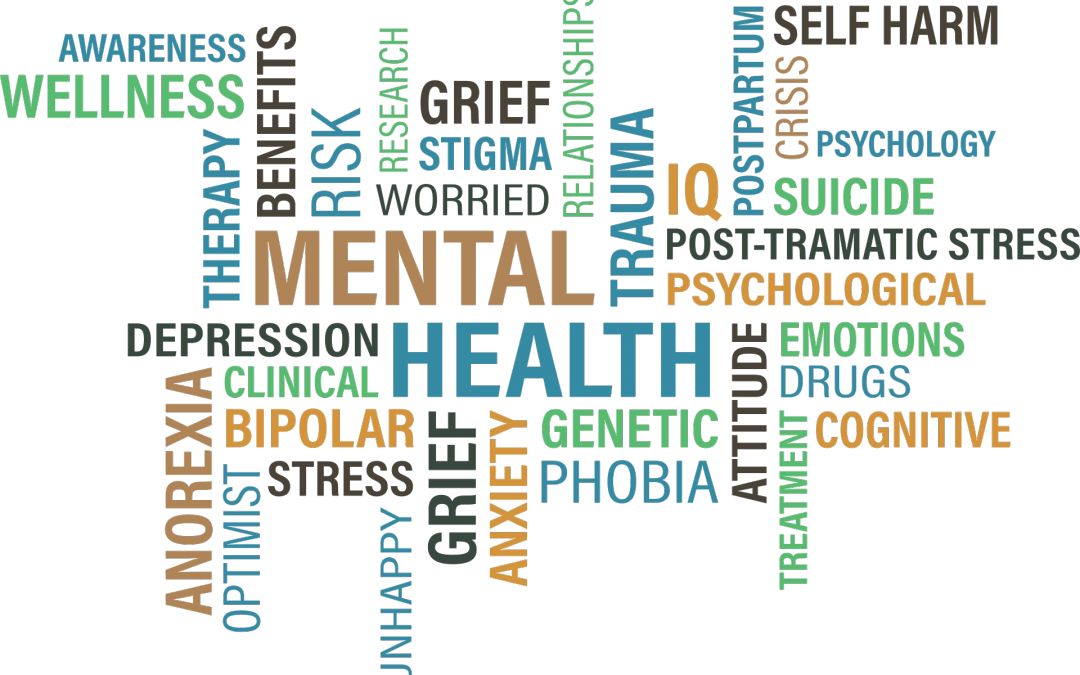What is Anxiety?
Anxiety is an intense, exaggerated reaction to the possibility versus the probability of danger. People who suffer from this affliction will often produce a disproportionate response to the situation they find themselves in, creating a feeling of dread when they face everyday life challenges.
Anxiety is a general term for various disorders that cause fear, nervousness, apprehension, and worry. These disorders affect the way people feel and behave, producing real physical symptoms.
This clinical condition causes great suffering, is extremely debilitating and has a serious impact on daily life.
There may be many reasons why someone becomes anxious. For instance, some people may have an anxious personality and have developed the habit of worrying.
People often experience a general state of worry or fear before facing something challenging, such as a test, examination, an interview or public speaking. Other people are afraid of specific situations or objects, such as animals, insects, blood, dark places, crowds, driving, flying or crossing the street.
In general, we speak of Anxiety when the reaction is too intense and disproportionate to the actual danger and interferes with people’s lives, causing suffering and limiting their freedom and abilities.
Anxious people often point out that anxiety prevents them from progressing professionally because they can not speak in public or relate to colleagues, clients or superiors. They also report feelings of shame and guilt for the very symptoms that make them suffer.
Physical Symptoms:
Pounding heart, Rapid breathing ,Sweating, Nausea, Tingling Muscle tension, Chest pain, Dizziness, Headaches, Shakiness of the body.
Psychological Symptoms:
Urge to escape or run away, Fear of dying or going mad, Catastrophizing perception and assessment of hazards.
Common Anxiety Disorders:
Panic Attacks are represented by a distinct period in which there is the sudden onset of intense apprehension, fear or terror, often associated with feelings of imminent catastrophe. During these attacks, people may experience shortness of breath, palpitations, chest pain or discomfort, and develop a fear of “freaking out” or losing control.
Agoraphobia is anxiety or avoidance of places or situations from which it could be difficult (or embarrassing) to escape, or in which aid might not be available. In this case, this affliction may bring on a Panic Attack or trigger panic-like symptoms.
Specific Phobias and Social Phobia are characterized by clinically significant anxiety caused by exposure to either specific and feared objects or situations (Specific) or social or performance situations (Social), often leading to avoidance behavior.
Obsessive-Compulsive Disorder is characterized by obsessions (thoughts that cause marked anxiety or distress) and/or compulsions (repeated behaviors that serve to counteract anxiety).
Separation Anxiety Disorder is characterized by anxiety related to the separation of parental figures and usually develops during childhood. Children develop fear and great concern when separating themselves from the people they care about.
How can Anxiety be treated?
Anxiety is debilitating, causing great psychological distress and can have serious physical consequences in the long run. While Anxiety is a permanent fear, it can be overcome.
Cognitive Behavioural Therapy is the treatment of choice for this type of disorder. Throughout therapy, people with this problem learn new ways to think about and behave in the situations which cause them anxiety.
If you happen to suffer from any problems mentioned or related to anxiety, please do not hesitate to get in contact with me via Email, Skype or WhatsApp.

